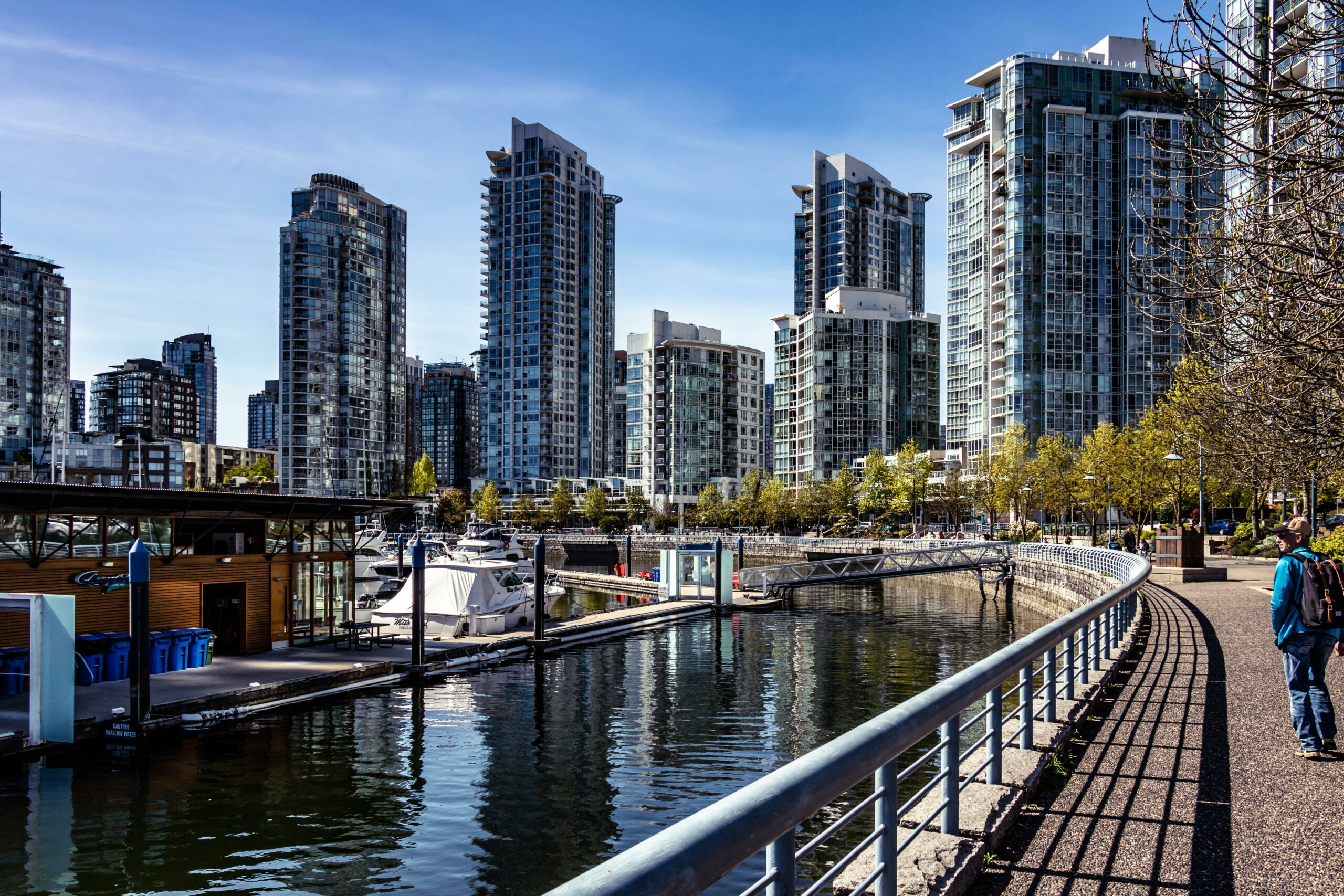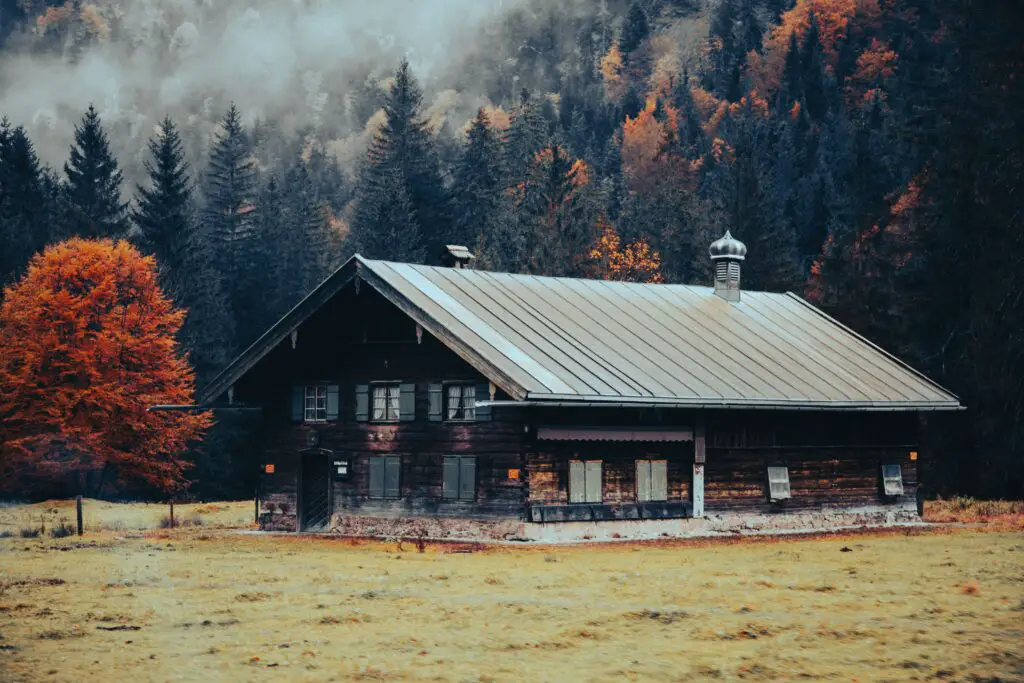Looking for affordable homes in Buffalo Grove under $20K? You’re in the right place to find budget-friendly options that meet your needs, even in a competitive market.
Navigating low-cost housing can be tough, but solutions exist. Connect with Buffalo Grove, IL cash buyers for fast, fair offers on properties.
Let’s tackle the challenge together. Discover hidden gems and secure your dream home without breaking the bank today.
1. Cozy Starter Home Bargain
Hey, if you’re hunting for a sweet deal in Buffalo Grove, this cozy starter home could be your perfect match. Let’s dive into the details!
First Impressions
Walking into this place, the charm hits instantly. It’s compact but brimming with potential for a single buyer or couple starting out.
Price Point
Priced under 20K, this gem offers incredible value. Imagine owning a space in Buffalo Grove without breaking the bank—sounds dreamy, right?
Location Perks
Nestled in a quiet corner, it’s close to local amenities. Grocery stores and parks are just a short stroll away for convenience.
Renovation Potential
With a little TLC, transform this spot into your dream pad. A fresh coat of paint could work wonders here!
Community Vibe
The neighborhood feels welcoming and safe. It’s ideal for anyone looking to settle into a friendly, tight-knit Buffalo Grove community.
2. Budget-Friendly Family House
Looking for a family-friendly steal in Buffalo Grove? This budget-friendly house under 20K might just fit the bill for your crew.
Start by picturing a home that’s ready for family memories. At this price, it’s a rare find in such a great area.
- Spacious Layout: This house offers enough room for everyone to spread out, with multiple bedrooms for kids or guests.
- Backyard Bonus: A small yard awaits, perfect for barbecues or a play area for the little ones to enjoy.
- School Proximity: Top-rated schools are nearby, making morning drop-offs a breeze for busy parents like yourself.
Don’t miss out on this opportunity. A family home at this price in Buffalo Grove won’t stick around for long!
3. Affordable Modern Condo Deal
Ever dreamed of a modern condo without the hefty price tag? Check out this Buffalo Grove deal under 20K that’s calling your name.
Sleek Design
The condo boasts clean lines and contemporary finishes. It’s move-in ready, so there’s no need to stress over major updates.
Amenities Galore
Enjoy shared facilities like a pool or gym. These perks add value without increasing your monthly costs—pretty sweet, huh?
Prime Spot
Located near shopping and dining, it’s perfect for a vibrant lifestyle. Everything you need is just a quick walk away.
Low Maintenance
Say goodbye to yard work. Condo living means less upkeep, giving you more time to enjoy Buffalo Grove’s offerings.
Investment Potential
At under 20K, this could be a smart buy. Rent it out later or keep it as your stylish home base.
4. Charming Fixer-Upper Gem
Got a knack for DIY? This charming fixer-upper in Buffalo Grove under 20K is waiting for your creative touch to shine.
Imagine turning this diamond in the rough into a masterpiece. It’s priced low, leaving room for renovation within your budget.
- Character Features: Original details like hardwood floors can be restored to add warmth and charm to every room.
- Budget-Friendly Fixes: Small updates like new fixtures or paint can make a huge impact without costing much.
- Great Location: Situated in a desirable area, it’s close to parks and transit for easy commuting or leisure.
Roll up your sleeves and make this place your own. Buffalo Grove fixer-uppers like this don’t come around often!
5. Low-Cost Suburban Retreat
Craving a quiet escape? This low-cost suburban retreat in Buffalo Grove under 20K offers peace without draining your wallet.
Tranquil Setting
Surrounded by greenery, this spot feels like a getaway. It’s perfect for unwinding after a long day at work.
Space to Breathe
With a decent lot size, there’s room to garden or just relax. Outdoor space like this is rare at this price.
Community Charm
The neighborhood exudes a small-town vibe. Friendly neighbors and quiet streets make it a cozy place to call home.
Easy Commute
Despite the serene setting, you’re still close to major roads. Getting to work or shopping is a hassle-free experience.
Affordable Living
Priced under 20K, it’s a steal for suburban living. Check out more options at Zillow.
6. Economical Ranch Style Find
Hey, if single-story living is your vibe, this economical ranch-style home in Buffalo Grove under 20K could be the one.
Picture yourself in a layout that’s all on one level. No stairs mean easy access for everyone in the household.
- Simple Design: The ranch style offers a straightforward layout, ideal for minimalists or those downsizing in Buffalo Grove.
- Affordable Updates: A few cosmetic changes can modernize this space without stretching your budget too thin.
- Quiet Area: Tucked away from busy streets, it’s a peaceful spot to relax or entertain friends and family.
Don’t wait to snag this ranch-style deal. Affordable homes like this in Buffalo Grove tend to sell fast!
7. Discounted Buffalo Grove Property
Ready for a steal? This discounted property in Buffalo Grove under 20K is a fantastic opportunity for savvy buyers like yourself.
Unbeatable Price
At this price point, it’s hard to find anything comparable. You’re getting a foothold in a great area for less.
Hidden Potential
Look past the surface to see what this place could become. A little work can turn it into a dream home.
Convenient Location
Close to schools and shops, it’s ideal for daily needs. Running errands or getting to class is super easy here.
Market Advantage
Buying now could mean big returns later. Buffalo Grove’s market is hot, making this a smart investment choice.
8. Cheap Lakeside Home Offer
Imagine living by the water without spending a fortune. This cheap lakeside home in Buffalo Grove under 20K is a rare find.
Visualize morning coffee with a lake view. At this price, you’re getting a unique lifestyle that’s hard to beat anywhere.
- Scenic Views: The nearby lake offers stunning sights year-round, perfect for relaxation or hosting lakeside gatherings with friends.
- Outdoor Fun: Enjoy fishing or walking trails just steps away, adding a recreational bonus to your daily routine.
- Budget Bliss: Priced under 20K, this home lets you live lakeside without the typical high costs associated with it.
Act quickly on this lakeside offer. Properties like this in Buffalo Grove don’t stay available for long, so hurry!
9. Budget Townhouse Near Downtown
Want to be close to the action? This budget townhouse in Buffalo Grove under 20K puts you near downtown’s vibrant scene.
Urban Access
Being near downtown means cafes and shops are within reach. It’s perfect for anyone who loves a lively atmosphere.
Compact Living
This townhouse offers just enough space without feeling cramped. It’s ideal for small households or solo dwellers seeking convenience.
Community Buzz
The area is buzzing with events and activities. You’ll never run out of things to do on weekends here.
Transport Links
Public transit options are nearby, making commuting a breeze. Getting around Buffalo Grove or beyond is super straightforward.
Affordable Style
At under 20K, it’s a stylish steal. Snag a spot in a happening area without the usual hefty price tag.
10. Inexpensive Residential Steal
Looking for the ultimate deal? This inexpensive residential steal in Buffalo Grove under 20K could be your ticket to homeownership.
Rock-Bottom Price
Priced so low, it’s almost unbelievable. This home offers a chance to own property without a massive financial burden.
Basic Comforts
It covers the essentials for comfortable living. With some personal touches, turn this space into a cozy haven.
Neighborhood Appeal
The surrounding area is family-friendly and safe. Settling here means joining a supportive community in Buffalo Grove.
Future Value
Buy now and watch its value grow. Buffalo Grove is a growing market, making this a wise long-term investment.
Quick Action Needed
Deals like this don’t last. Reach out to a local agent today to secure this incredible residential steal fast.
Your Dream Awaits
Ready to find your perfect Buffalo Grove home? Dive into these affordable options and make your move today. If you’re looking to transition quickly, check out Illinois Real Estate to sell your house fast in Chicago. Start building your future in a budget-friendly haven now!



















